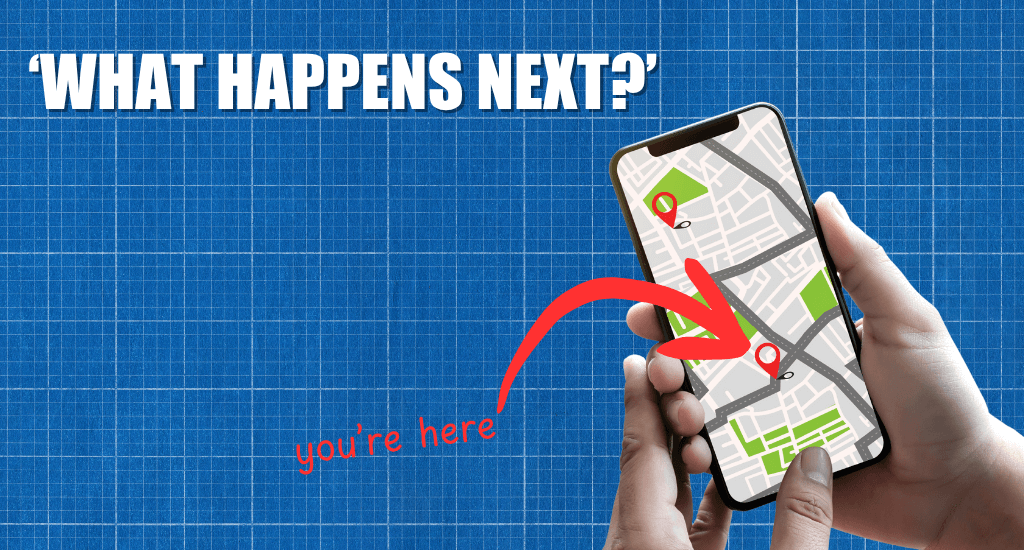Good morning, it’s National Use Your Common Sense Day. Something that’s, uh, not exactly overused in our industry. Somewhere, a manager is asking for “one more update” on a deal that hasn’t moved since Q1. Common sense says it’s dead. Hope says it’s pipeline. But hey, if common sense were common, some of us might not have jobs. Now, let’s get into today’s Follow Up.
We already have something in place ✋
The sell before the sale 🔍
A Figma sales rep messed up majorly 😬
Sales jobs & a meme 😂
Sales Tip of The Day 💡
When a buyer says, “We already have something in place,” pitch the upgrade instead of the replacement.
❌ “Totally understand, but ours is actually better because XYZ…”
✅ “Makes sense. Most teams we work with already have something, they just run into issues when they try to {insert painpoint}. If you had a magic wand, what would you change about your current setup?”
This keeps you from sounding combative and reframes the conversation around growth areas, instead of disruption.
Masters in Marketing
Good marketing isn’t luck, it’s strategy.
Marketing is a game. We help you play it smarter.
Masters in Marketing is your cheat code for fresh insights, expert advice, and strategies that actually work. Subscribe today.

The Sell Before the Actual Sale
A shocking number of deals die because the buyer had no clue what was happening next.
Not because the product sucked or the budget wasn't there.
When prospects don't understand what’s next or how decisions get made, they vanish.
The unknown is scary. And people avoid uncertainty like the plague.
It’s like walking into a new restaurant with no host, no menu, and no instructions. Do you seat yourself? Pay first? Tip? You just want someone to say, “Hey, here’s how it works…”
The best reps understand this and start every sale by setting expectations.
Framing what's about to happen, how it ends, and what comes next.
Here’s how you can do it yourself.
The Setup: A Simple Promise
An upfront contract is like a psychological handshake.
Before asking the first question, you outline what the next 30 minutes look like, what both sides will cover, and how decisions will be made. Then, you get their buy-in.
It sounds something like this:
"Here's how I typically run this call - I'll ask a few questions to learn more about how you're handling X, then I'll share how we help teams with Y. At the end, if we decide it makes sense to keep going, we can schedule the next call, where we’ll cover XYZ. Sound good?"
That simple line gives the buyer structure, earns their permission, and turns the call into a two-way conversation instead of just a pitch.
Why Predictability Builds Trust
When a rep sets expectations early, they lower the buyer's anxiety.
Uncertainty triggers the brain's threat response. The same one that tells us to avoid spam calls, pushy salespeople, and sketchy links in emails.
By defining what's next, you remove the unknown and give control back to the buyer.
Predictability becomes your competitive edge. It signals confidence ("I've done this before") and safety ("You're not walking into a trap").
In return, buyers open up faster and share real priorities. And when people feel safe, they're way more likely to say yes.
How to Write an Upfront Contract
You shouldn’t wing this. Write it down and include these five elements:
Purpose: Why you’re meeting.
Their Agenda: What they want to get out of it.
Your Agenda: What you’ll cover and what you want from them.
Time: How long it’ll take and when it ends.
Outcome: What happens next, whether that’s a yes, a no, or another step.
Then put it all together with the ANOT framework.
“Appreciate you taking the time to meet today. Naturally, you’ll have questions for me about how we work and what it might look like for your team. Obviously, I’ve got a few questions for you too, just to see if this even makes sense. Typically, this call takes about 25–30 minutes. If we both feel there’s a fit, the next step is a deeper dive with your ops lead next week. And if not, no worries at all. Sound fair?”
Simple, direct, and respectful. Everything that you need to set the stage.
Predictability is Persuasion
In 2025, every buyer is bombarded. Cold emails, chatbots, and "quick call" requests from strangers.
The only thing rarer than attention is trust. And a major part of trust comes from clarity.
When you show up with an upfront contract, you're telling the buyer: "I respect your time, and I'm not here to trick you."
That's the kind of professionalism that wins second meetings.
So before your next call, try selling the process.
Because the sell before the sale determines if you ever get to sell at all. (try reading that 10X fast) 😁
Do you use an upfront contract on your sales calls?

Sales Around The Web 🗞
🧑🏫 AI wins when it does the sales work that real people don’t want to.
😬 A Figma sales rep was called out on X after they tried to push an upgrade by admitting they looked through the customer’s project files for “sensitive data,”.
🤑 Anthropic just landed Cognizant as an enterprise client, and will roll out it’s AI to more than 350,000 employees.
😆 Sales reps discuss the funniest thing that’s happened to them on a sales call.
Cool Sales Jobs 💼
Business Development Rep @ Fundraise Up
Account Manager @ NVIDIA
Strategic Account Manager @ Atlassian
Startups Account Executive @ Mercury

Sales Meme of the Day

Today’s newsletter was written by Nic Conley


